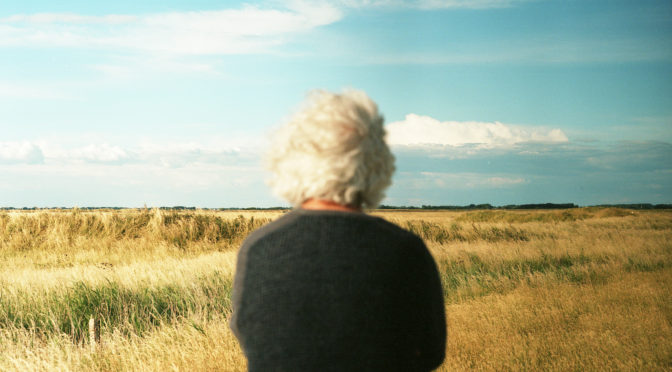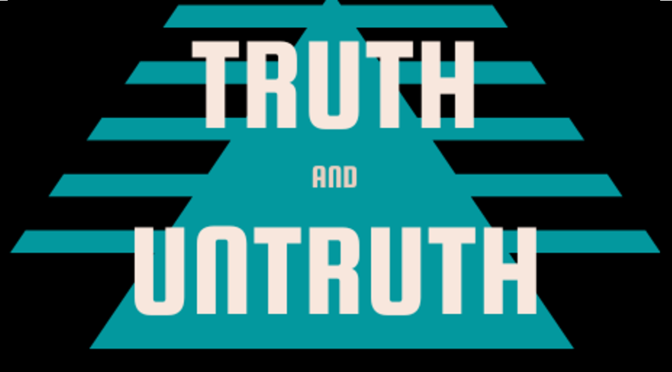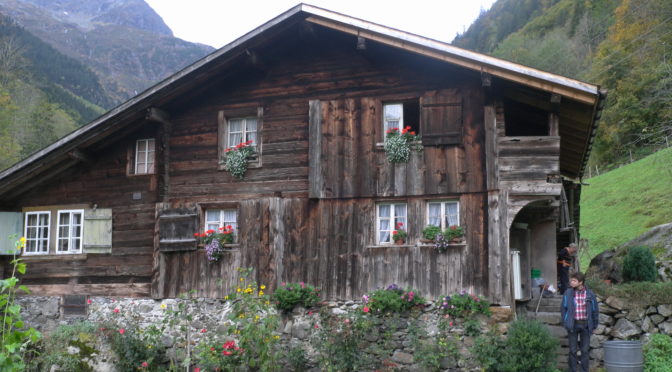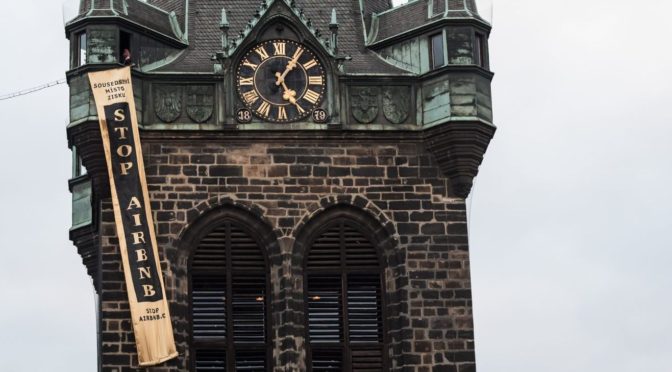Samuel Beckett in Central Europe. Stagings and reception beyond censorship
Researchers working on Beckett or on theatre in Central Europe are invited to meet in April at the CEFRES and at Charles University. The aim will be to examine the political and aesthetic, and sometimes legal and social, issues that certain dramatic texts may embody, taking Beckett’s theatre as a case study.
Date: Thursday 20th and Friday 21st April 2023
Location: CEFRES library and Charles University
Organizers: CEFRES in partnership with Sorbonne University, Paris, Bordeaux University and Charles University
Language: English
Convenors: Alice Clabaut, Charles Guillorit
Deadline for sending propositions: 31st January 2023
Abstract
From the 1950s onwards, Samuel Beckett’s theater has been a fixture on all international stages. Plays such as Waiting for Godot, Endgame, and Happy Days have become canonical, and both Beckett’s texts and their influence can be found in most theaters. While Beckett was considered “absurd” in his early days, on the fringes of traditional theater and a self-confessed avant-gardist, he is now viewed as a repertoire playwright. Behind the Iron Curtain, however, Beckett was a persona non-grata, sometimes heavily censored, in most of the countries until very recently This political censorship — the extent of which depended on the country — slowed down the arrival of Beckett’s works and the delay undoubtedly had some impact on the reception of his theatre. To what extent was the arrival of Samuel Beckett’s work prevented, concealed and delayed in the former communist countries of Central Europe? To what extent can it still be perceived and understood in staging and in readings of his plays? Continue reading CFP – Samuel Beckett in Central Europe






